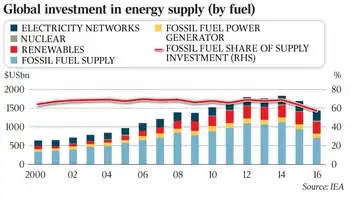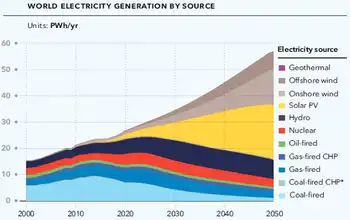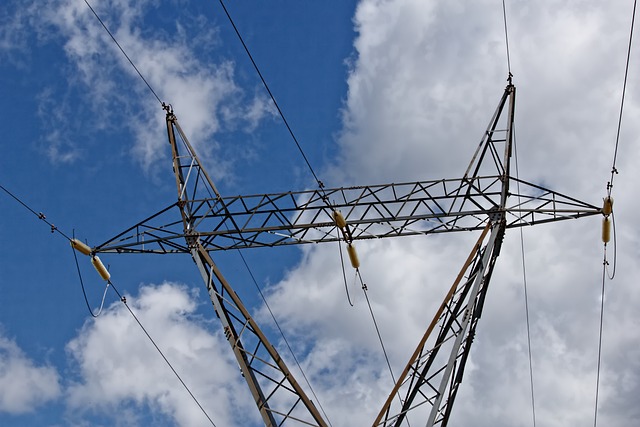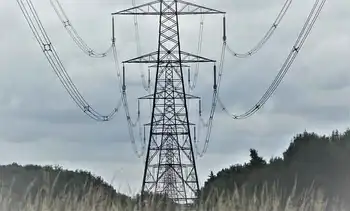PUC directs FirstEnergy to resubmit implementation plan following audit report
The Commission voted to approve the motion by PUC Commissioner James H. Cawley, which also directs FirstEnergy to provide additional reports for a period of three years in order to track the effectiveness of its progress in correcting many of its operational and customer service performance issues identified in the audit.
“Because we have received similar responses to previous audit recommendations in the past with little meaningful improvement, it is imperative that FirstEnergy develop more robust responses to these recommendations,” said Commissioner Cawley in his motion. “I propose that the Companies be directed to provide a more detailed Implementation Plan that provides specific descriptions for investments, process improvements, increased staffing, use of specified technologies, and timelines which will provide binding commitments by the Companies towards rapid compliance with reliability and customer service deficiencies.”
The Focused Management and Operations Audit, conducted by the PUCÂ’s Bureau of Audits, analyzed and evaluated management performance in 14 functional areas. The Audit Report makes 28 recommendations to the FirstEnergy Pennsylvania Companies for improvement that, if implemented, could provide a combined estimated annual cost savings of approximately $3.7 - $3.8 million and a one-time savings of approximately $19.2 million.
The FirstEnergy Pennsylvania Companies submitted an initial Implementation Plan that indicates that all accepted recommendations will be implemented by the end of 2019. TodayÂ’s action directs FirstEnergy to work closely with the PUCÂ’s Bureau of Technical Utility Services, the Electric Safety Division of the PUCÂ’s Bureau of Investigation and Enforcement, and the PUCÂ’s Bureau of Consumer Services to provide a more detailed plan within 60 days.
The Pennsylvania Public Utility Commission balances the needs of consumers and utilities ensures safe and reliable utility service at reasonable rates protects the public interest educates consumers to make independent and informed utility choices furthers economic development and fosters new technologies and competitive markets in an environmentally sound manner.
Related News
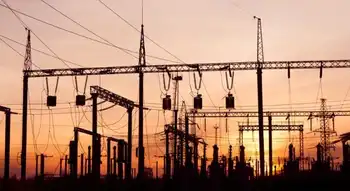
California Blackouts reveal lapses in power supply
LOS ANGELES - One hallmark of an advanced society is a reliable supply of electrical energy for residential, commercial and industrial consumers. Uncertainty that California electricity will be there when we need it it undermines social cohesion and economic progress, as demonstrated by the travails of poor nations with erratic energy supplies.
California got a small dose of that syndrome in mid-August when a record heat wave struck the state and utilities were ordered to impose rolling blackouts to protect the grid from melting down under heavy air conditioning demands.
Gov. Gavin Newsom quickly demanded that the three overseers of electrical service…


